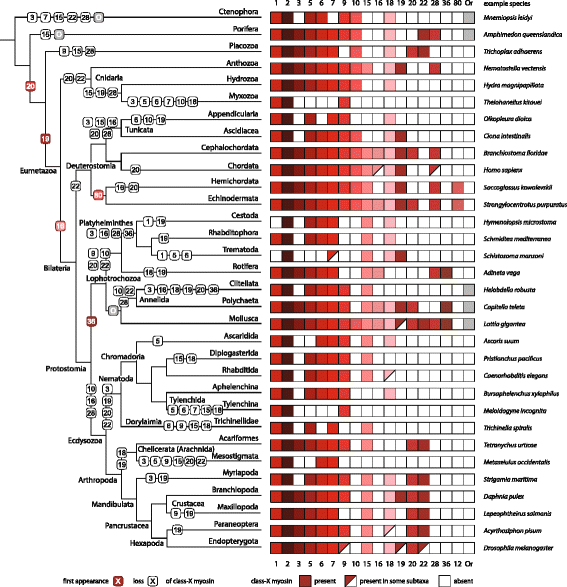
Bearing the significant functions in the immune system, T and B lymphocytes are derived, differentiated, and mature in different organs and tissues. Therefore, the diversity of TCR and antibody repertoire could reflect the adaptive immune status to some extent. In addition, pressures from both the internal and the outside environment, such as pathogen exposure, tumor formation, and autoimmune reaction, could affect the diversity of TCR and antibody by expanding the “pressure”-associated T/B cells. A powerful adaptive immune system relies on the generation of diversified TCRs and antibodies to recognize the enormous variety of antigens. T and B lymphocytes are two prolific and functionally important cells that play pivotal roles. The adaptive immunity consists of two major components, cellular immunity and humoral immunity, which are highly specific to particular pathogens. However, challenges still remain both in the experimental pipeline and the analytical tools to handle the huge amount of data, and various potential solutions are being developed to fulfill the comprehensive application and translation of this technique. The emergence of high-throughput sequencing (HTS) technique enables scientists to investigate the repertoire in an unprecedented level. Historically, scientific reports on the TCR and BCR repertoire are unlikely to grasp the whole picture due to the unavailability of high-throughput and sensitive tools. On the other hand, antibodies can bind to and neutralize the antigens directly. The diversified TCRs can recognize and bind to the various epitopes of the antigens presented by the major histocompatibility complex (MHC) molecule of the antigen presenting cells and form a TCR-antigen-MHC structure complex. 2014, 32(2):158-68.The normal function of adaptive immunity relies on the generation of diverse T cell receptors (TCRs) that are expressed on the cell membrane of T lymphocytes, and B cell receptors (BCRs), also known as immunoglobulin (Ig) or antibody in the secreting form, which are expressed by B lymphocytes. The promise and challenge of high-throughput sequencing of the antibody repertoire. Understanding the mechanisms of immune repertoire development.Antibody discovery and vaccine development.Schematics of steps for high-throughput sequencing of the Ig sequence repertoire (Georgiou et al., 2014). The workflow for the strategy is illustrated in the Figure 1.įigure 1. Our Immune Repertoire Sequencing strategy is to capture the complementary determining region (CDR) of B-cell receptor (BCR) or T-cell receptor (TCR) using multiple-PCR or 5’ RACE methods, followed by deep sequencing. By providing enormous sequencing data, NGS has created an unprecedentedly high-resolution picture of the immune repertoire, which provides great potential for revealing dynamic changes in clonal populations during antigen stimulation. NGS offers a powerful approach capable of analyzing the immune repertoire in a high-throughput manner. The tradition strategies for studying the immune repertoire, which includes spectratyping, Sanger sequencing et al., are laborious, costly, and are insufficient for generating a high-resolution picture of the immune repertoire. The study of Immune repertoire is crucial to understand the response of adaptive immunity, and ultimately, sheds light on the discovery of novel infectious agents and holds the invaluable potential to aid in antibody or vaccine development, clinical diagnosis, treatment, and prevention. Immune repertoire is known as the collection of functionally diverse B and T-cells in the circulatory system, which is a key measure of immunological complexity. The foundation of the adaptive immune system is fundamentally reliant upon the enormous diversity of T and B cell receptors (TCRs and BCRs) that can recognize epitopes from an astronomical number of different exogenous antigens and endogenous host factors. Now, we are providing a comprehensive solution to evaluate the diversity of immune repertoire precisely in a cost-effective way by pooling the samples.Īdaptive immune system plays an extremely important role in counteracting against infectious pathogens and shielding the human body. Gene Expression Profiling Microarray ServiceĬD Genomics has developed advanced Immune Repertoire Sequencing strategy to amplify and sequence the immune repertoire with Next Generation Sequencing (NGS).MicroRNA Expression Profiling Microarray Service.Lentiviral/Retroviral Integration Sites Analysis.Antibody Screening Sequencing (Phage Display Library Screening).Nanopore Full-Length Transcripts Sequencing.Absolute Quantitative 16s/18s/ITS Amplicon Sequencing.Full-Length 16S/18S/ITS Amplicon Sequencing.Human Whole Genome PacBio SMRT Sequencing.Full-Length Transcripts Sequencing (Iso-Seq).

Bacterial Whole Genome de novo Sequencing.


 0 kommentar(er)
0 kommentar(er)
